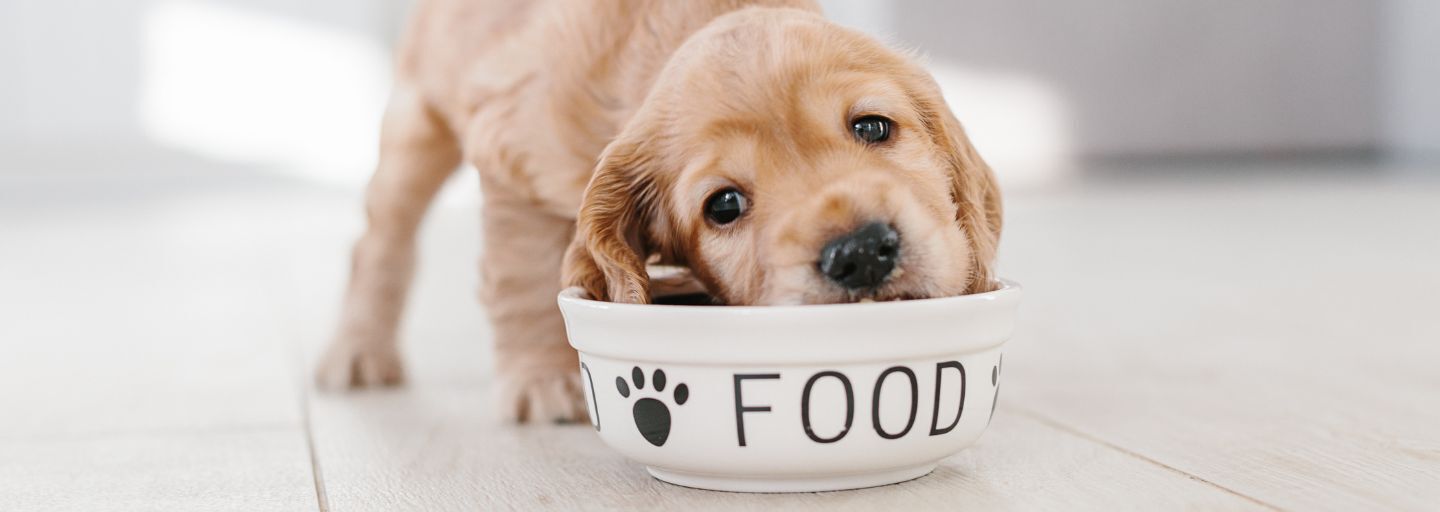Puppies are bundles of joy, but dealing with worms is a part of their early life. To keep your pup healthy, it's crucial to spot the signs and create a simple worming plan.
Worming Schedule for Puppies
Start early. Puppies should be dewormed right away because they can be born with worms. Treat them at 2, 4, 6, 8, and 12 weeks old. After 12 weeks, treat every three months using a reliable all wormer. Don't forget to deworm the mother before mating and giving birth to avoid passing worms.
Signs of Puppy Worms
- Lethargy and weakness
- Diarrhea or vomiting
- Weight loss despite eating
- Swollen belly
If you see any of these, collect a stool sample and head to the vet for diagnosis and advice.
Common Types of Puppy Worms
- Roundworms: Spaghetti-like worms causing pot-bellied look, and symptoms like weight loss, vomiting, and more.
- Hookworms: Dangerous parasites causing anemia, lethargy, poor appetite, and bloody stools.
- Tapeworms: Contracted through fleas or mice, seen as rice-like segments near the anus. Can cause increased appetite.
- Whipworms: Lead to bowel inflammation, causing mucus in stool, weight loss, and diarrhea.
- Coccidia: From raw meat or rodents, causing diarrhea, fever, and appetite loss.
- Heartworms: Spread by mosquitoes, resulting in heart and lung damage, coughing, and fatigue. Preventable with medication.
- Ringworm: A contagious fungal infection causing oval bare patches on the skin.
Treating and Preventing Puppy Worms
Treat with purpose. Worming treatments get rid of current worms, but they don't stop future infections. Regular deworming is key. Check out the PURINA TOTAL CARE range for easy-to-use options like tablets or chews. Read the label and use multiple products to target different worms.
To Prevent Re-infection
- Clean up poop quickly
- Wash hands thoroughly
- Keep fleas away
- Stick to a consistent deworming schedule
If you're unsure, your vet is your go-to.
Puppy worms are a challenge, but armed with knowledge, you can keep your pup happy and healthy. Spot the signs, deworm on time, and follow simple prevention steps. Your puppy will thank you with wagging tails and wet-nosed gratitude.







